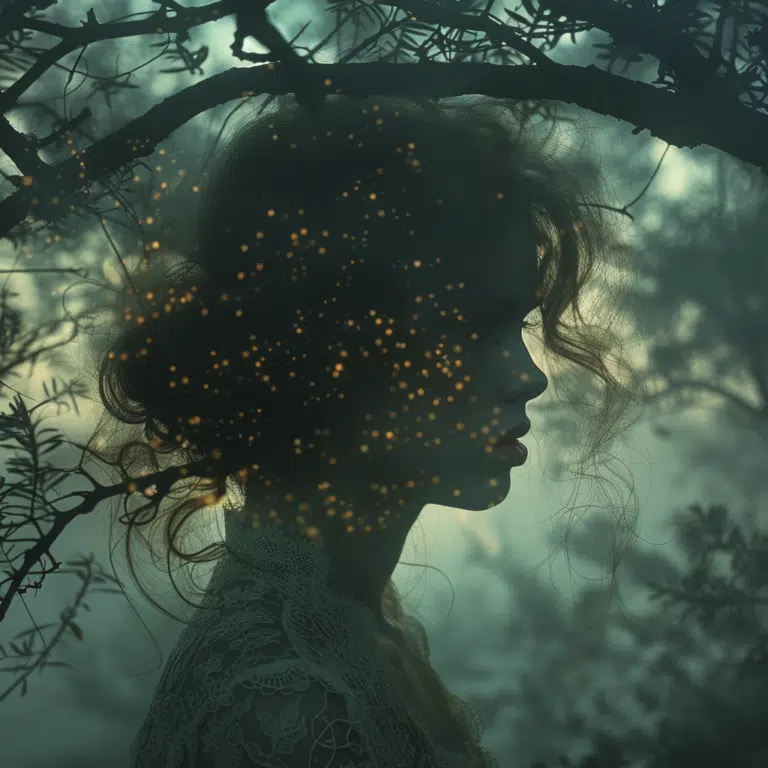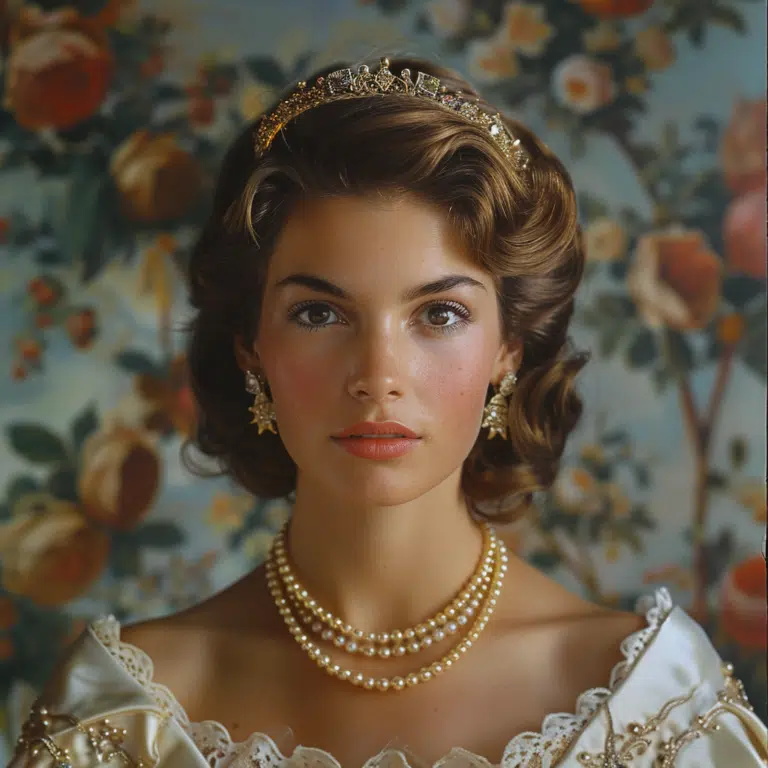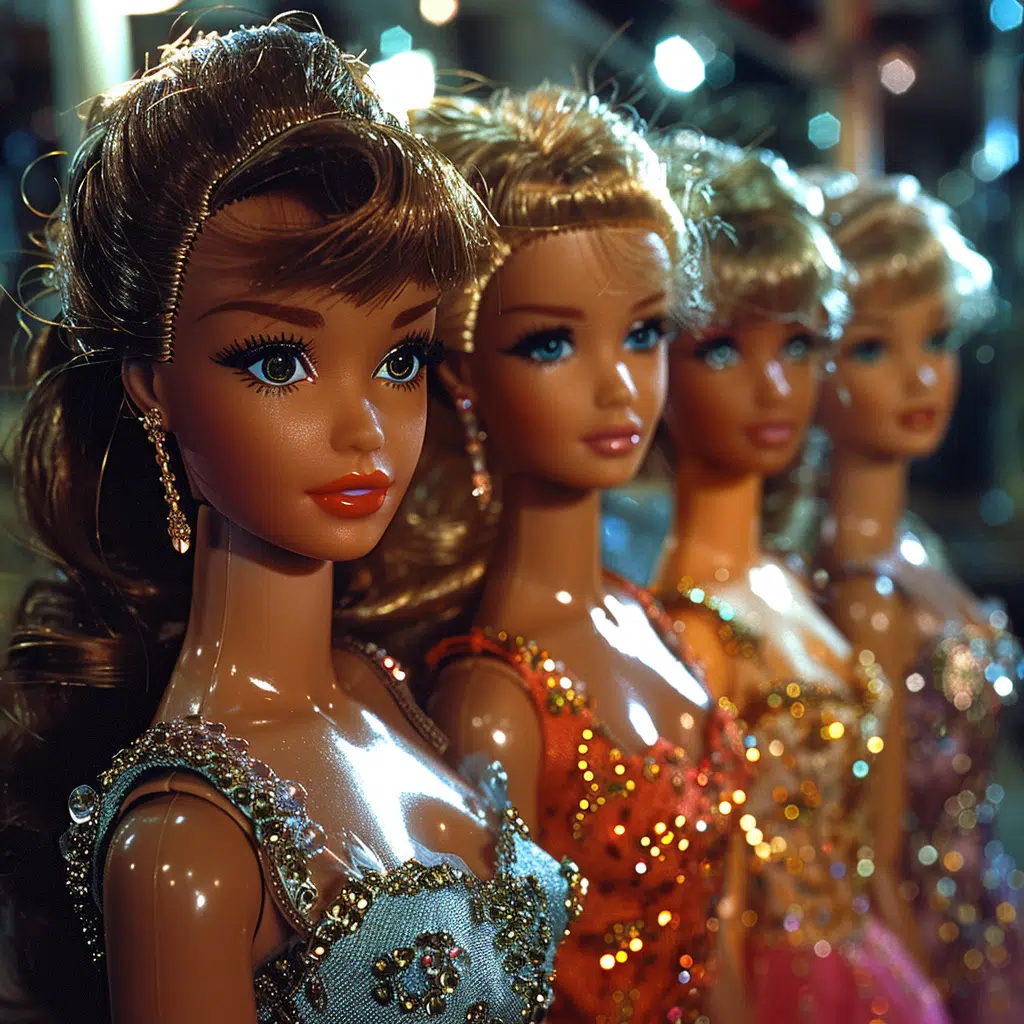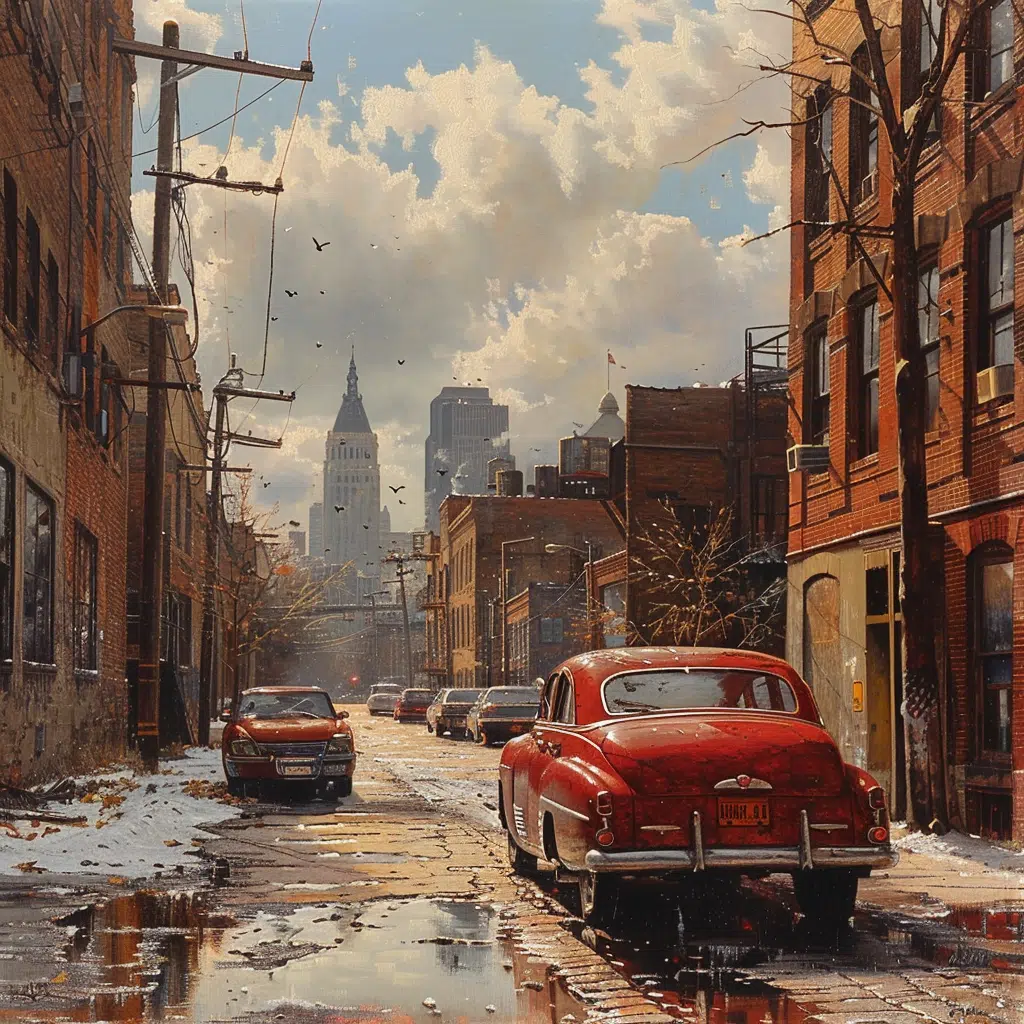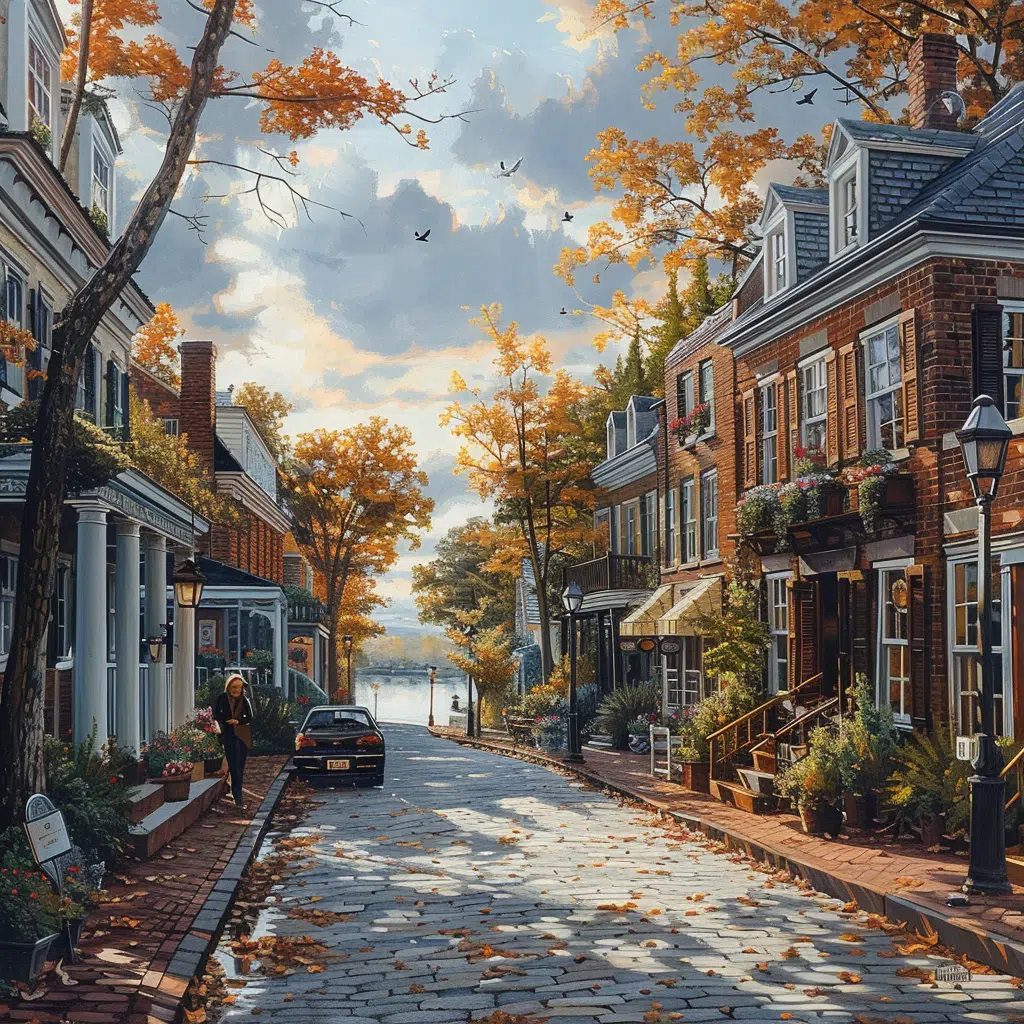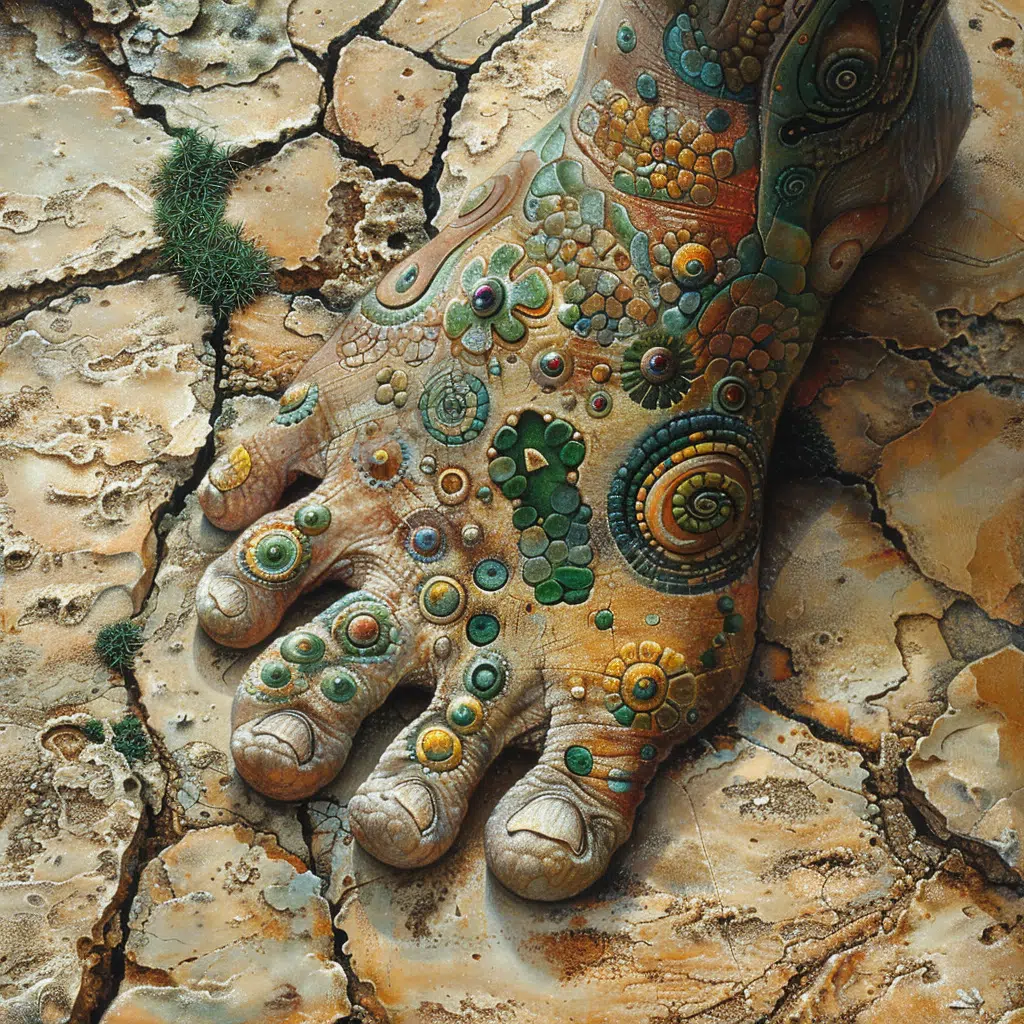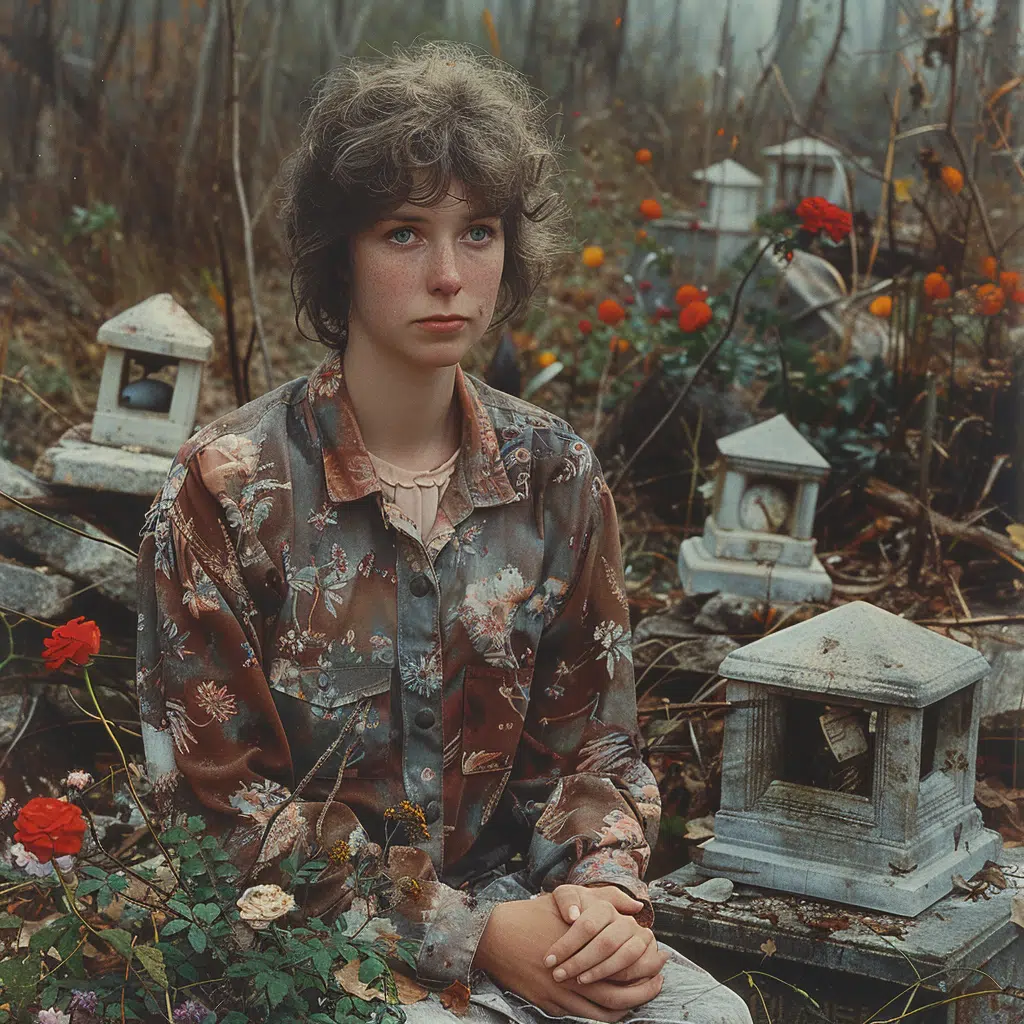Shannen Dee Williams, a young adult who grew up Catholic and Black in Memphis, Tennessee, knew only one Black nun and it was a fake one: Sister Mary Clarence. This role was played by Whoopi Goldberg, in the comic film “Sister Act.”
Williams, a University of Dayton history professor, has spent 14 years researching the subject. She is now perhaps more knowledgeable about America’s Black nuns than anyone else in the world. Her compelling and comprehensive history, “Subversive Habits,” of them will be published in May 2017.
Williams discovered that many Black nuns are modest about their accomplishments and shy about sharing the details of negative experiences like racism and discrimination. Williams provided details from other sources and some of the nuns only came to terms with their painful experiences.
She said, “It was about recognizing the ways trauma silences people in a way they may not even know.”
Although the story is presented chronologically, Williams insists that it be told in the context of a theme Williams outlines in her preface. She explains how the nearly 200-year-old history of these nuns in America has been ignored or suppressed in the eyes of those who disregarded or resented them.
Williams wrote, “For far too many years, scholars of America, Catholic, or Black pasts have unconsciously order consciously declared — virtue of misrepresentation and marginalization, outright erasure –that the history of Black Catholic nuns doesn’t matter,” and portrayed her book as evidence that their history “has always been relevant.”

As many American institutions and religious groups grapple with racism, the book shines a light on the overlooked Black pioneers in their communities.
Williams’ story begins in pre-Civil War times when Black women, even those in slave-holding countries, found their way into the Catholic sisterhood. Many were subservient to white orders and others entered them. A few women who were able to form orders for Black nuns in New Orleans and Baltimore proved to be a trailblazer.
The Baltimore Order, founded in 1829, continues to serve its mission of educating Black youths, even as the American nun population shrinks. Saint Frances Academy is a high school for low-income Black students.
The most detailed passages of “Subversive Habits,” which cover the Jim Crow era from the 1870s to the 1950s, describe how Black nuns were subject to the discrimination and segregation suffered by many African Americans.
Williams writes that in the 1960s, black nuns were frequently discouraged from participating in civil rights struggles by their white superiors.

Sister Mary Antona Ebo was one of those marchers. She marched in Selma in 1965 to support Black voting rights and protest the brutality of Bloody Sunday, when white troopers violently dispersed peaceful Black protestors. Ebo and the other nuns who marched on March 10, three days after Bloody Sunday, was featured in an Associated Press photo.
Ebo had to fight for racial equality over the two decades prior to Selma. Williams reports that Ebo was denied admission to Catholic nursing schools at one time because of her race. She also endured segregation policies at the white-led sisters’ order she joined in St. Louis, in 1946.
When Williams, then a Rutgers University graduate student, was desperate to find a topic for a paper in his seminar on African American history, the idea for “Subversive Habits” began.
She searched microfilms of Black-owned newspapers at the library and found a 1968 article in The Pittsburgh Courier about a group of Catholic nuns who formed the National Black Sisters Conference.
She said that the accompanying photo of four smiling Black nuns “literally stopped my tracks” “I was raised Catholic… How could I have known that Black nuns existed?”
She was so enchanted by her discovery that she started to read everything about Black Catholic history and set out to interview the founders of the National Black Sisters Conference.
Patricia Grey was one of the many women Williams interviewed. She was a Sister of Mercy nun and a founder of NBSC, before she left religious life in 1974.

Grey shared some of her painful memories with The Associated Press from 1960 when she was an aspiring nurse and was denied membership to a Catholic order for being Black.
She said that she was shocked and hurt by the rejection letter. “I can still remember breaking it up, and not wanting to even look at it or think about it again.”
Grey was initially reluctant to help with “Subversive Habits.” But she eventually shared her story and her personal archives after Williams asked her to write about the “most unsung and under-researched history of America’s Black nuns.”
Grey said to Grey, “If possible, tell all of our stories.”
Williams was determined to accomplish this feat. He searched for hidden archives, out-of-print books and church records, and conducted more than 100 interviews.
Williams wrote, “I was witness to a deeply unfamiliar history that disrupts the U.S. Catholic Church’s place in America and the place of Black people therein,” Williams said. “Because it’s impossible to tell the story of Black sisters’ journey in America — accurately and honestly — without facing the Church’s largely unacknowledged, unreconciled history of slavery, colonialism, and segregation.”
Although historians are unable to identify the first Black Catholic nun in the country, Williams recounts the first steps to getting Black women into Catholic religious orders. Some of these moves were based on the expectation that they would serve as servants.
Sisters of the Holy Family is one of the oldest Black sisterhoods. It was founded in New Orleans in 1842 by white sisterhoods including the Louisiana slave-holding Ursuline orders.
Henriette Deille, the principal founder of this New Orleans order, and Mary Lange, Oblate Sisters of Providence founder are two of three Black nuns from America that Catholic officials consider worthy of sainthood. The second is Sister Thea Bowman. She was a beloved teacher, evangelist, and singer who died in Mississippi, in 1990. She is buried in Williams’s hometown of Memphis.
Williams had to face many challenges when researching less well-known nuns. Williams was unable to locate Catholic sisters known only by their religious names, but they were listed in archives as their secular names.

Sister Cora Marie Billings was one of the pioneers. She was 17 years old when she became the first Black person to be admitted into Sisters of Mercy Philadelphia. She was also the co-founder and first Black nun to instruct in a Catholic high school in Philadelphia.
Billings was the first Black woman to manage a Catholic church in America in 1990 when she was appointed pastoral coordinator at St. Elizabeth Catholic Church, Richmond, Virginia.
Billings stated to The Associated Press that she has been through many instances of racism and oppression in her life. “But somehow or another, I just dealt with it then kept going.”
Recent figures from the U.S. Conference of Catholic Bishops show that there are approximately 400 African American religious sisters out of an estimated 40,000 nuns.
According to statistics by Catholic researchers at Georgetown University, this figure represents only one-fourth the number of 160,000 nuns who were alive in 1970. No matter their race, many of the remaining nuns in the order are old and there is not many newcomers to the religious life.
According to Sister Rita Michelle Proctor (supervisor general), the Baltimore-based Oblate Sisters of Providence had more than 300 members. Now, it has less than 50, with most of them living in Baltimore’s outskirts.
Proctor stated, “Though we may be small, we are still committed to serving God and God’s people.” “Most people are older, but we still want it for as long God calls us.”
Even though they have a reduced number of members, the Oblate Sisters still operate Saint Frances Academy, which was founded in Baltimore in 1828 by Mary Lange. This coed school, which is still in operation, is the oldest continuously operating Black Catholic educational facility. It has a mission to help “the poor and neglected”
Williams spoke to the Associated Press in an interview. She said that she considered leaving the Catholic Church, partly because of its handling of racial problems at the time she began researching Black nuns. She said that hearing their stories, as told by them, reaffirmed her faith.
Williams stated that Williams was also impressed by Williams’s ability to preach to her in such a beautiful manner as these women told me their stories. They didn’t express anger, they were already at peace with the situation, despite all of the discrimination they faced.
Williams stated that Williams is still a member of the church because she has a deep commitment to those women who have chosen to share their stories.
She said, “It was hard for them to get it out.” “I am still in awe at these women and their faithfulness.

